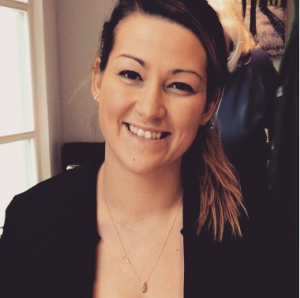The power of ‘I don’t know’
About the author
Our guest authors are what make PR Place such a vibrant hub of information, exploration and learning.

This is an article by Stephanie Mullins
I went to a PR interview without knowing the difference between agency and in-house public relations.
That sounds bad.
But I’d spent the last few years with my nose in newspapers, fingers glued to the keyboard, eyes on the autocue – completing my Journalism Studies degree from the University of Sheffield and experiencing the newsrooms of local media. I had existed entirely in the fourth estate bubble.
Other than receiving press releases and working with communications officers to get quotes for stories, I had very little practical experience of PR.
So before my interview at BlueSky, I researched public relations and the company to the point where I could quote client references from the website – but I was asked why I’d rather work in an agency than in-house. And I didn’t know what that meant.
I now know that, working in an agency, we have various accounts – for example, our Education Practice works largely with business schools and universities – and we produce press releases, send out pitches, arrange interviews and much more for our clients. This process is largely the same in-house, but just for one company.
Stephanie King, Head of the Recruitment Practice here at BlueSky, explained the difference during the interview. I answered with what I thought the benefits of working in an agency would be, focusing on the variety I believed an agency would offer.
Reader, they hired me.
We often forget that it’s okay to admit you don’t know something – especially in an interview. But it shows that you won’t work blindly without knowing what you’re supposed to be doing, it shows you’ll ask questions, and you’ll accept advice and guidance from others.
It shows that you can think quickly and find sensible answers to questions you haven’t prepared for. It also reveals a little bit of courage to admit there’s a gap in your knowledge.
Especially for recent graduates, you’re not expected to know everything. Employers are looking for someone who fits into their company and can adapt to the way they work. Desirable qualities can be displayed by more than just saying them explicitly.
Since unexpected interview questions have a tendency to pop up more than we’d like, we could use a little reassurance that there’s nothing wrong with looking for an explanation or some clarification.
So to future interviewees, do not be afraid to admit there’s something you don’t know.
Stephanie Mullins is a Senior Account Executive at BlueSky PR.